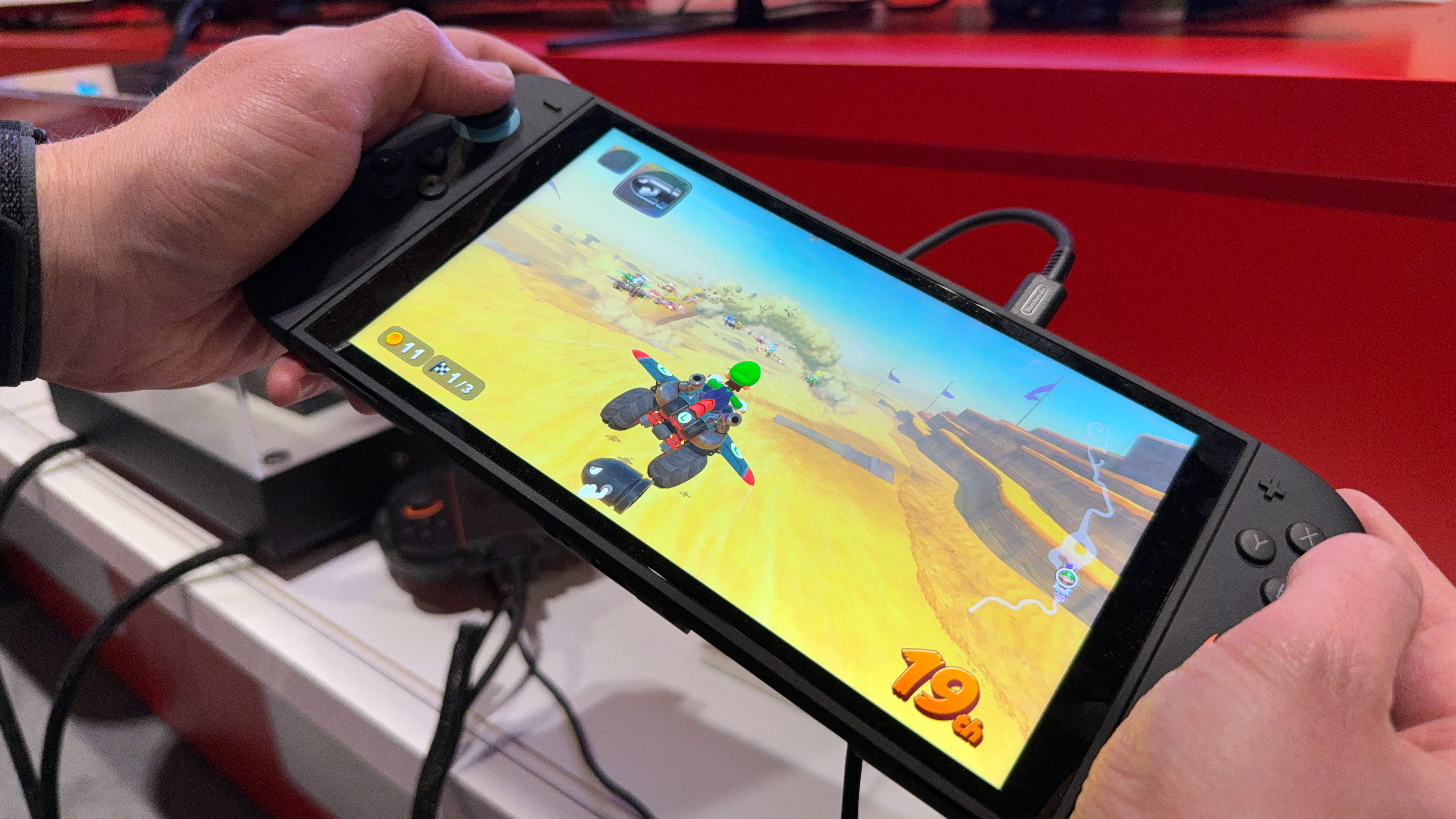Stadia's not dead — and this one idea could shape the future of gaming
Google Stadia is still kicking, and its technology could make PC gaming much more accessible

Google Stadia has had a rough life cycle so far. After debuting to middling reviews, it had to suffer through a slowly growing library, a limited user base and the shuttering of its first-party studios. But Stadia is still alive and kicking, and Google intends to prove it next week. The company plans to host five Stadia panels for developers and publishers, and one of them could have huge implications for PC gaming as a whole.
Information comes from the official Stadia blog, in a post entitled “Join Stadia at the Google for Games Developer Summit on March 15.” The post describes five different online panels that will take place next week:
- The Stadia Keynote
- Play Testing Made Easy on Stadia
- How to write a Windows emulator for Linux from scratch
- Stadia Adventures in slow server code on Unity
- Profiling on Stadia
The Stadia Keynote should give us a good idea of where the platform is at present, and how Google plans to manage it in the near future. Three of the other panels are fairly inside-baseball, giving tips for Stadia playtesting, coding and resource management.
However, one of these panels could have an exciting impact on the world beyond Stadia: “How to write a Windows emulator for Linux from scratch.” The description reads:
“This talk will dish out a detailed overview of the technology behind Google’s solution for running unmodified Windows games on Stadia.”
For those who aren’t familiar with the ins and outs of PC game creation, most developers create their games to be compatible with Windows. Linux is often an afterthought, if a game gets a Linux version at all. However, a lot of game delivery platforms run on Linux, including Stadia — and SteamOS.
So far, democratizing PC gaming has been a bit of a challenge, because powerful Windows systems tend to be expensive and a little arcane. A system like Valve’s Steam Deck simplifies things considerably, delivering simple, affordable configurations in a portable format. But since SteamOS is Linux-based, many Steam games don’t run properly on it, relying on semi-proprietary software called Proton.
Sign up to get the BEST of Tom's Guide direct to your inbox.
Get instant access to breaking news, the hottest reviews, great deals and helpful tips.
Proton, and similar “Windows-games-on-Linux” solutions, have their ups and downs. If Google has a foolproof method for Linux compatibility, that could be a huge boon for PC developers, whether or not they embrace Google’s bedeviled Stadia platform.
In short, if PC gaming wants to become cheaper and simpler — whether that means streaming, handheld, or something entirely different — Linux compatibility seems to be the key. And if Stadia can facilitate that, then perhaps the whole project will have been worthwhile after all.
Marshall Honorof is a senior editor for Tom's Guide, overseeing the site's coverage of gaming hardware and software. He comes from a science writing background, having studied paleomammalogy, biological anthropology, and the history of science and technology. After hours, you can find him practicing taekwondo or doing deep dives on classic sci-fi.

